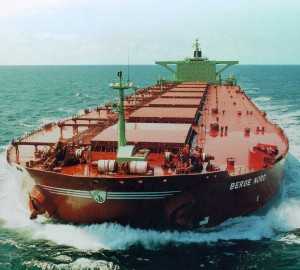Best Buy has to rethink it’s management plan because it is losing business. From a sales perspective, it has not been doing as well as it once was, and in this economy, it is really taking a toll on the business. The number one reason for the drop in sales is due to inexperienced sales associates who can not adequately tend to customer’s questions and needs. One retailer analyst, Gary Balter, referred to the franchise as “that blue and gold store where the salesperson usually can’t help you.” This does not send out a good message to consumers nor help to turn this around. So what is Best Buy going to change in it’s operation strategy? Clearly, what they are doing now is not working.
One possible solution is that the Vice President is trying to turn this around by starting to implement product knowledge education into the company. If the number one reason for lack of sales is the sales people, then that is where the VP should start. By training the employees properly and quizzing them on the products, they can be more helpful to the customers who are asking the questions. Giving incentives for reaching sales goals is another great way to boost sales and invigorate energy out on the sales floor. Scheduling the strongest employees on weekends, when Best Buy stores are at their busiest, is another smart approach that the company has begun to implement.
One problem that Best Buy faces is it’s online competition. Twenty percent of Best Buy’s business comes through online purchases, but it’s competitors have a one-up on them. Running online operations is costly, far higher than other websites because of the high labor costs and long-term leases that come along with the fourteen-hundred existing retail stores. Another issue that pops up with the retail locations is the fact that many of the people that walk in the door are “browsers,” not “buyers.” Many will seek out different products yet resort to purchasing online or not at all, causing some stores to go out of business. There has been no improvement with store closures yet, but with the new strategy implementation taking place, customer satisfaction has gone up a bit recently.
Amongst other problems, staff turnover is higher than ever, historically speaking. The average staff turnover to date is about sixty percent, increasing from thirty five percent in previous years.
It is always a sad thing to see American companies go out of business. Hopefully, the VP’s plan works because as we’ve learned, understanding the marketplace and customers needs, wants, and demands is a crucial element in the success of maintaining a business. Operating costs are a key factor to take into consideration as well. Do you think Best Buy has a chance?
References:
http://online.wsj.com/article/SB10001424127887324743704578444733449436900.html

